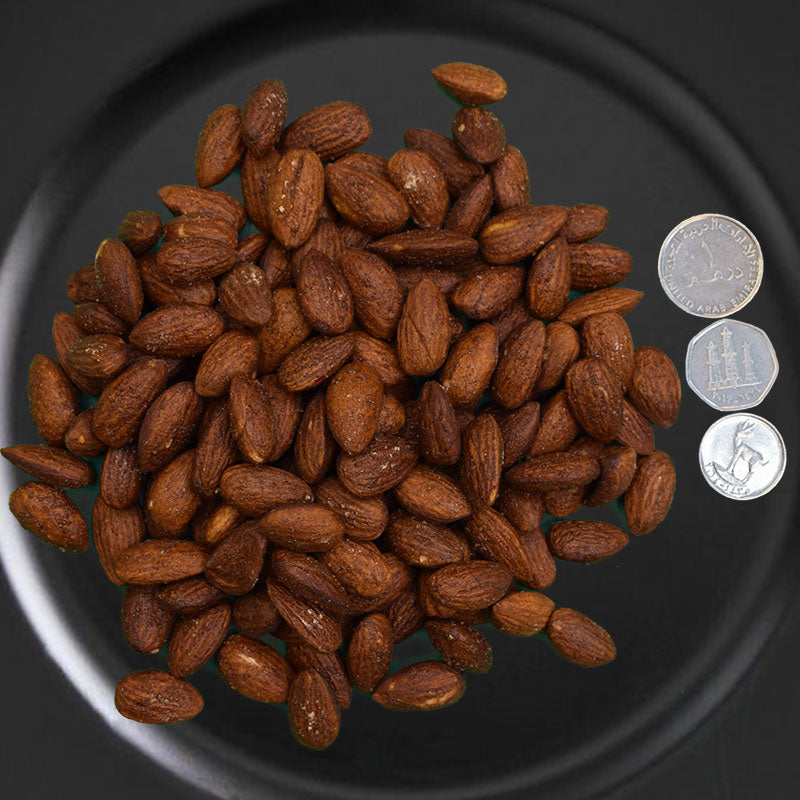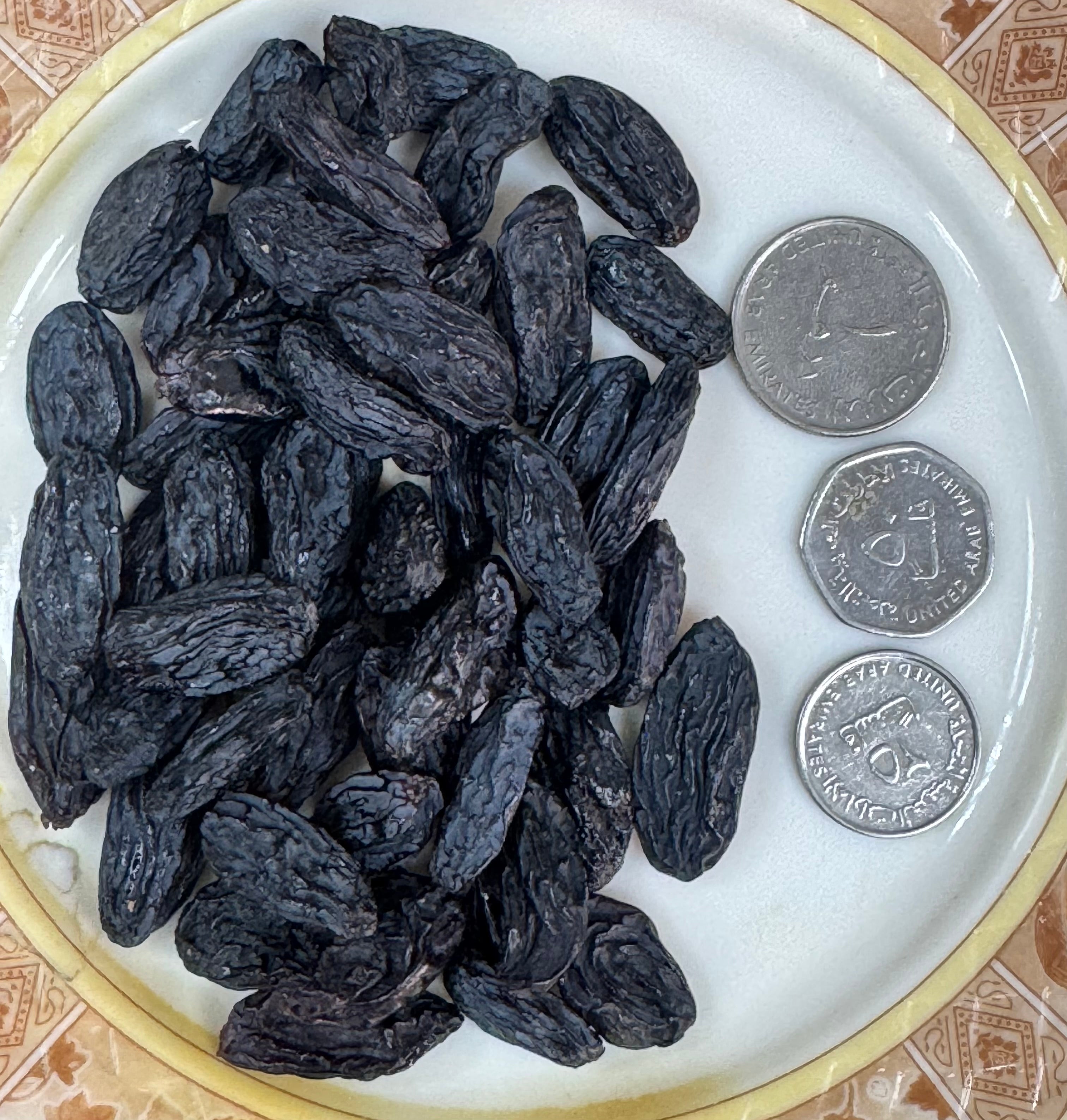





- Choosing a selection results in a full page refresh.






Free standard shipping on orders over $99
Estimated to be delivered on 12/01/2022 - 15/10/2022.
100% Return & Exchange
Lorem ipsum dolor sit amet, consectetur adipiscing elit, sed do eiusmod tempor incididunt ut labore et dolore magna aliqua. Ut enim ad minim veniam, quis nostrud exercitation ullamco laboris nisi ut aliquip ex ea commodo consequat. Duis aute irure dolor in reprehenderit in voluptate velit esse cillum dolore eu fugiat nulla pariatur. Excepteur sint occaecat cupidatat non proident, sunt in culpa qui officia deserunt mollit anim id est laborum.
Almonds are a beloved snack, and when they are buy Roasted and salted almonds in dubai , they take on a whole new level of deliciousness. In this article, we will delve into the world of roasted and salted almonds, uncovering their irresistible flavor, the roasting process that enhances their taste, the benefits they offer, and some creative ways to enjoy these savory treats.
Roasting is a process that brings out the natural flavors and aromas of almonds, transforming them into a delectable snack. Roasted almonds have a rich, nutty taste with a satisfying crunch. The process typically involves dry roasting the almonds in an oven or a specialized roasting machine. The almonds are evenly heated, allowing the natural oils to be released, resulting in a more intense flavor and texture. Once roasted to perfection, a sprinkle of salt is added to complement the almonds' natural taste and create a harmonious blend of savory delight.
Roasted and salted almonds offer a tantalizing combination of flavors. The buy Roasted and salted almonds in dubai process intensifies the nutty profile, giving them a toasty and slightly caramelized taste. The addition of salt enhances the overall flavor, striking the perfect balance between savory and nutty notes. The salt brings out the natural sweetness of the almonds while providing a satisfying savory contrast. This irresistible flavor profile makes roasted and salted almonds a popular choice among snack enthusiasts, offering a satisfying treat that keeps cravings at bay.
Beyond their delicious taste, roasted and salted almonds also offer several health benefits. Almonds are nutrient-dense, providing essential nutrients such as healthy fats, protein, fiber, and various vitamins and minerals. The roasting process does not significantly affect the nutritional composition of almonds, ensuring that the beneficial properties are retained. Almonds are known to support heart health, aid in weight management, and provide a good source of energy. The addition of salt in moderation adds flavor but does not drastically impact the overall nutritional value of roasted almonds. However, it's essential to consume salted almonds in moderation, especially for those who need to monitor their sodium intake.
buy Roasted and salted almonds in dubai are a versatile snack that can be enjoyed in various ways. On their own, they make a satisfying and convenient snack for anytime cravings. They can also be added to trail mixes, offering a burst of flavor and texture. Incorporate them into your favorite salads for a delightful crunch or crush them and sprinkle them over yogurt or oatmeal for an extra boost of nutty goodness. Roasted and salted almonds can be used in baking as well, adding a savory twist to cookies, cakes, and bread. Get creative and experiment with these flavorful nuts to elevate your culinary creations.
Roasted and salted almonds provide an irresistible blend of flavors that satisfy both savory and nutty cravings. Whether enjoyed as a standalone snack or incorporated into various recipes, they offer a delightful taste experience. With their health benefits and versatile nature, roasted and salted almonds are a snack choice that combines taste and nutrition. Indulge in the savory delight of roasted and salted almonds, and let their irresistible flavor elevate your snacking moments to new heights.
Free Delivery All over UAE *
We Provide delivery in 24 - 48 Hours in Dubai, Sharjah, Ajman.
Abu Dhabi, Alain, Fujairah, Ras Al-Khaimah, Um-Al-Quwain are covered in 48 - 72 Hours.
* Your Delivery becomes free once you reach the minimum amount of the order.
100% Return & Exchange
Thanks for subscribing!
This email has been registered!
| Product | SKU | Description | Collection | Availability | Product Type | Other Details |
|---|